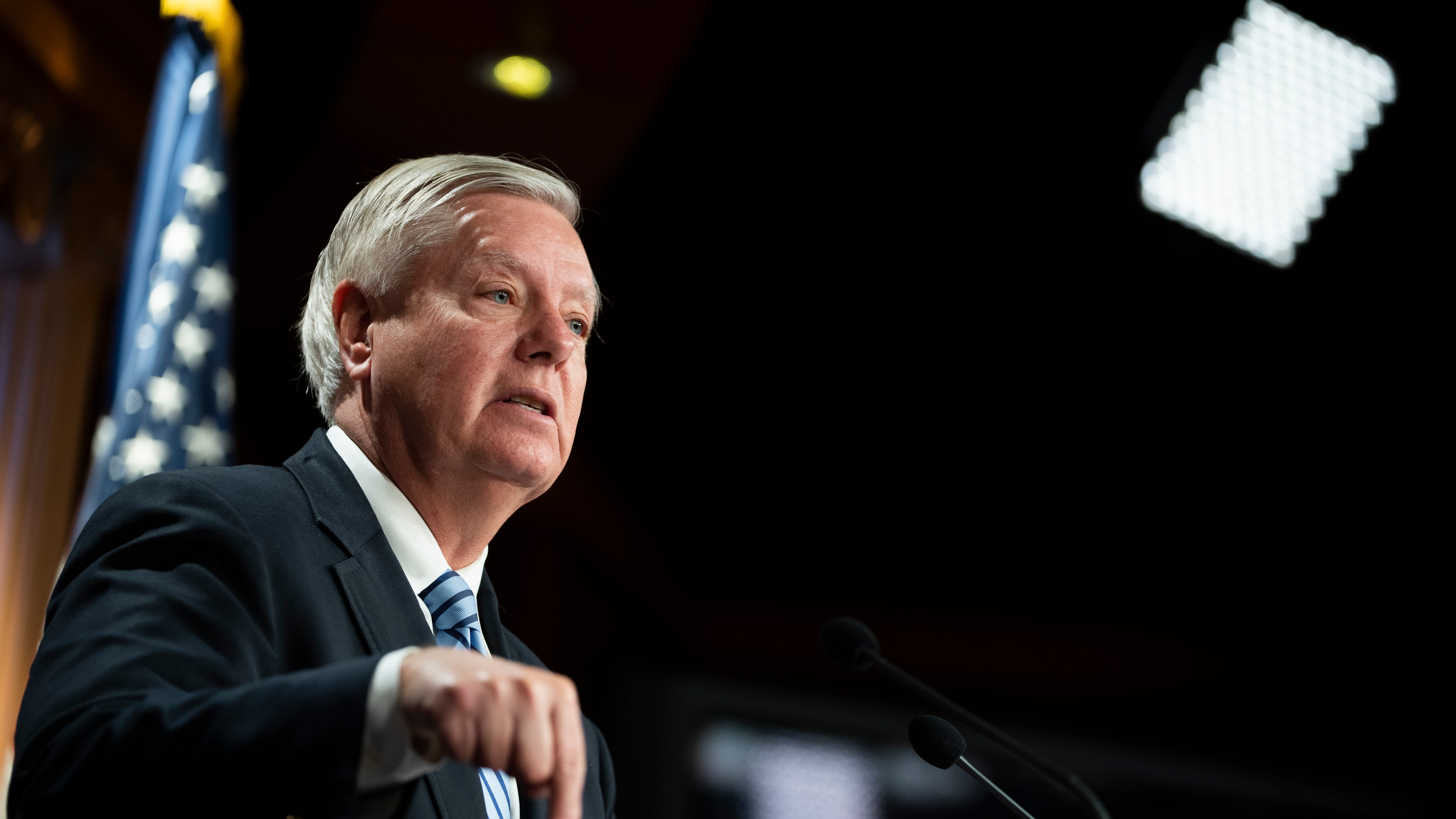Judges delay Graham special grand jury testimony

A panel of federal appeals court judges on Sunday postponed the testimony of U.S. Sen. Lindsey Graham before a Fulton County special grand jury until a lower court hears arguments about the types of questions the South Carolina Republican can and cannot be asked due to constitutional protections for members of Congress.
The ruling, from two appointees of President Donald Trump and one appointee of President Bill Clinton, delays testimony from Graham that had initially been scheduled for Tuesday.
Late last week, U.S. District Court Judge Leigh Martin May had sided with Fulton prosecutors, ruling that pushing back Graham’s questioning as he requested “would greatly compound the overall delay in carrying out the grand jury’s investigation.”
That came a few days after May rejected an attempt by Graham to quash his subpoena outright, mainly on the grounds of legislative and sovereign immunity.
Graham’s attorneys appealed the ruling, and on Friday asked the conservative 11th Circuit to issue an emergency stay of May’s order and halt the senator’s testimony pending the outcome of his appeal.
The 11th Circuit panel directed May to determine whether Graham “is entitled to a partial quashal or modification of the subpoena” based on protections afforded by the Constitution’s “Speech or Debate” clause, which shields members of Congress from testifying about anything related to their official legislative business.
Fulton prosecutors, who are advising the grand jury investigation, argue that Graham possesses “necessary and material information” and could “reveal additional routes of inquiry.”
They’re particularly interested in questioning Graham about the circumstances surrounding two calls he placed to Georgia Secretary of State Brad Raffensperger and his office in late 2020, as well as any potential coordination with the Trump campaign.
Lawyers for Graham told May, an appointee of President Barack Obama, that the calls were protected from judicial branch scrutiny because they constituted legitimate legislative fact-finding. They expressed concern that inquiries about other topics could serve as a back door for questioning the senator about his official Senate work.
May’s ruling earlier this week stated that there were several political topics about which Graham could be questioned. They include any potential coordination with the Trump campaign, attempts to “cajole” or “exhort” Raffensperger’s office to take certain actions and public statements Graham made to the press or outside of Congress about the 2020 elections.



